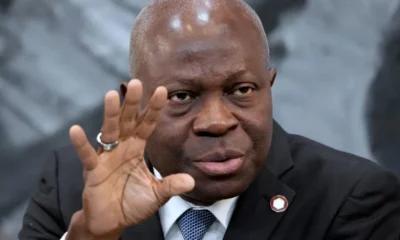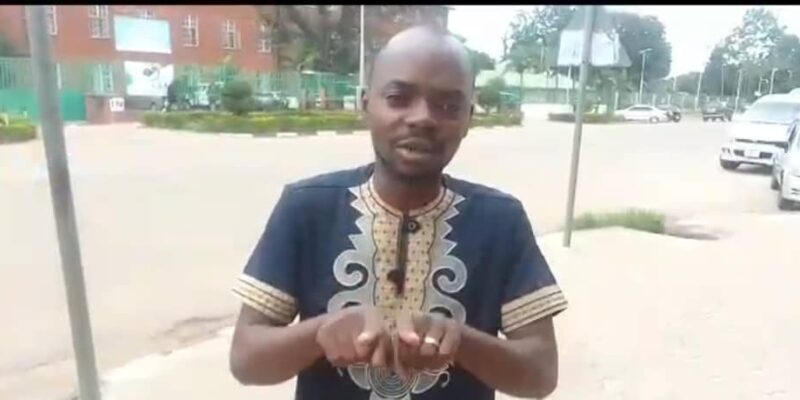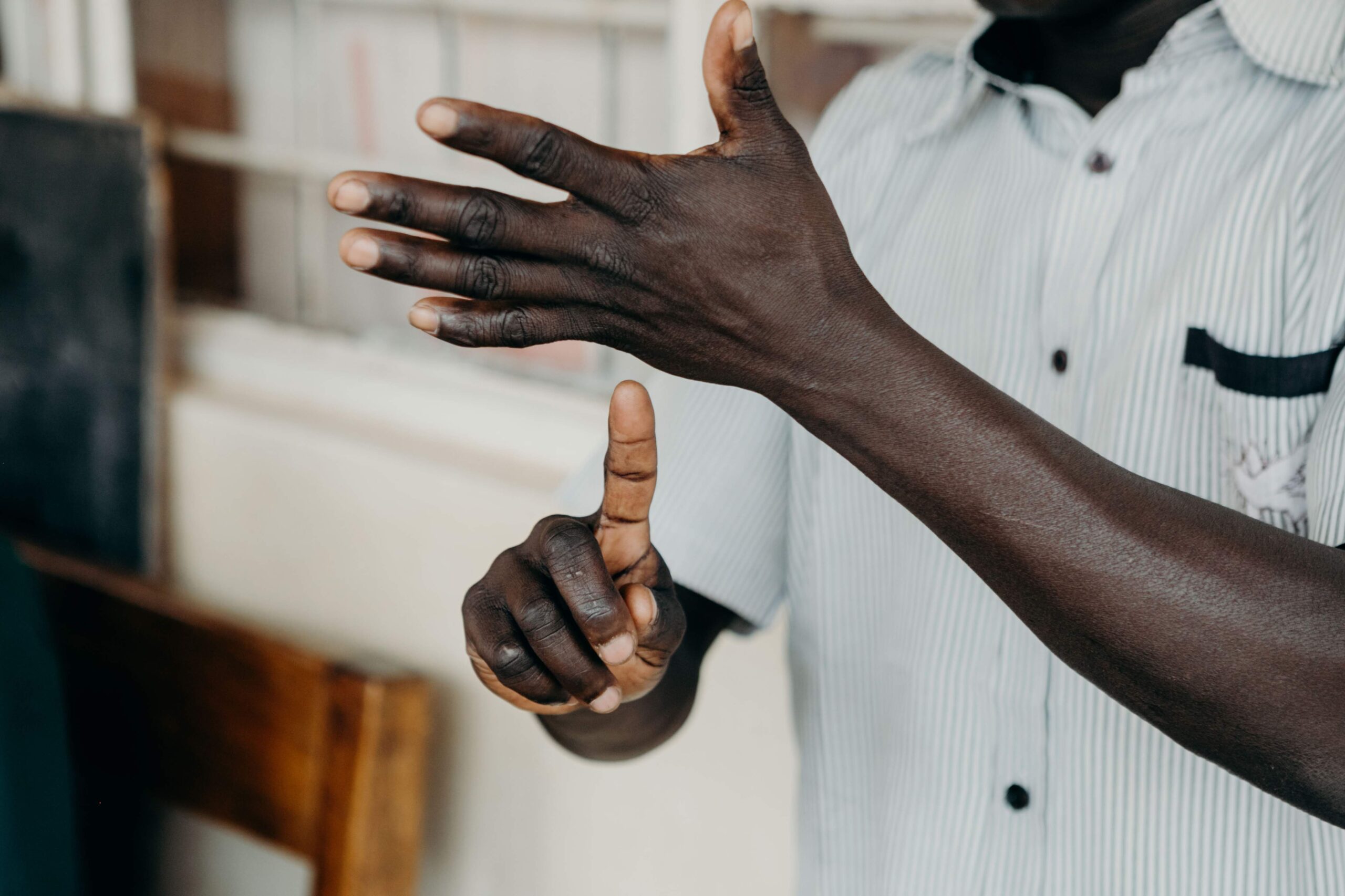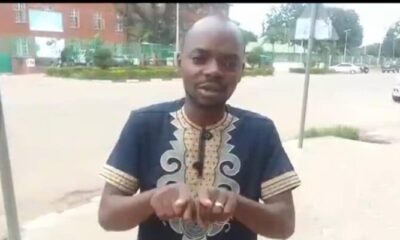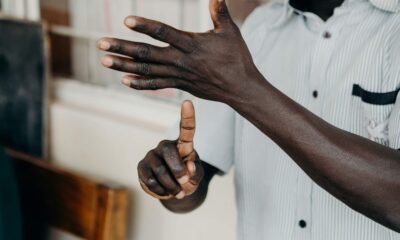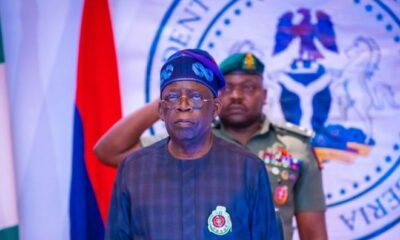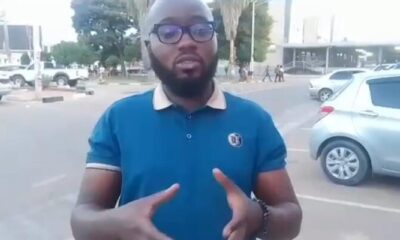A new report released by the United Nations Security Council has revealed that the threat of ISIS terror group and its several affiliates in African countries are becoming weaker, as more fighters are being killed or have deserted the groups.
In the report, the UN credited the decline to the “deaths of leading ISIS terrorists and the desertion of thousands of fighters from the group,” with the belief that this has left it in a “weakened” position.
The report which was released on Tuesday, was compiled by the UN body’s Counter-terrorism Committee Executive Directorate (Cted), after meetings with more than 50 representatives of African civil society organisations in 15 member states, according to the Council.
“The report was conducted to increase understanding of the impact of ISIS-affiliated groups in Africa and identify gaps in the way nations are tackling them.
“Roundtable participants emphasised that ISIS-affiliated groups were currently in a crucial period.
“The relatively recent deaths of Abu Musab Al Barnawi of ISWAP (IS West Africa Province), Abubakar Shekau of Boko Haram and Adnan Abu Walid Al Sahrawi of ISGS (IS in the Greater Sahara), and the desertion of thousands of individuals from the groups’ ranks, signalled a possible weakening of ISIS-affiliated groups in parts of Africa,” the report said.
However, the African nations that are at the receiving end of the terrorists incursions, especially countries like Nigeria, Niger Republic, Chad, Mali, Burkina Faso and others in the Sahel region, have other stories to tell.
With ISIS suffering territorial losses in Syria and Iraq, it has moved into Africa and made the continent a huge target, establishing branches in several nations.
A number of ISIS and their affiliated groups in Africa have continued to launch deadly and co-ordinated attacks, capturing strategic territories, massively recruiting followers using anti-government propaganda, conscripting child soldiers and abducting women and girls in the process.
The frequency of ISIS attacks on the continent has led to serious casualties across the continent with the people facing unprecedented terrorist threats.

 Behind the News2 days ago
Behind the News2 days ago
 Metro2 days ago
Metro2 days ago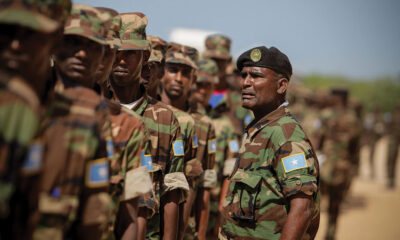
 Politics1 day ago
Politics1 day ago
 Metro16 hours ago
Metro16 hours ago







